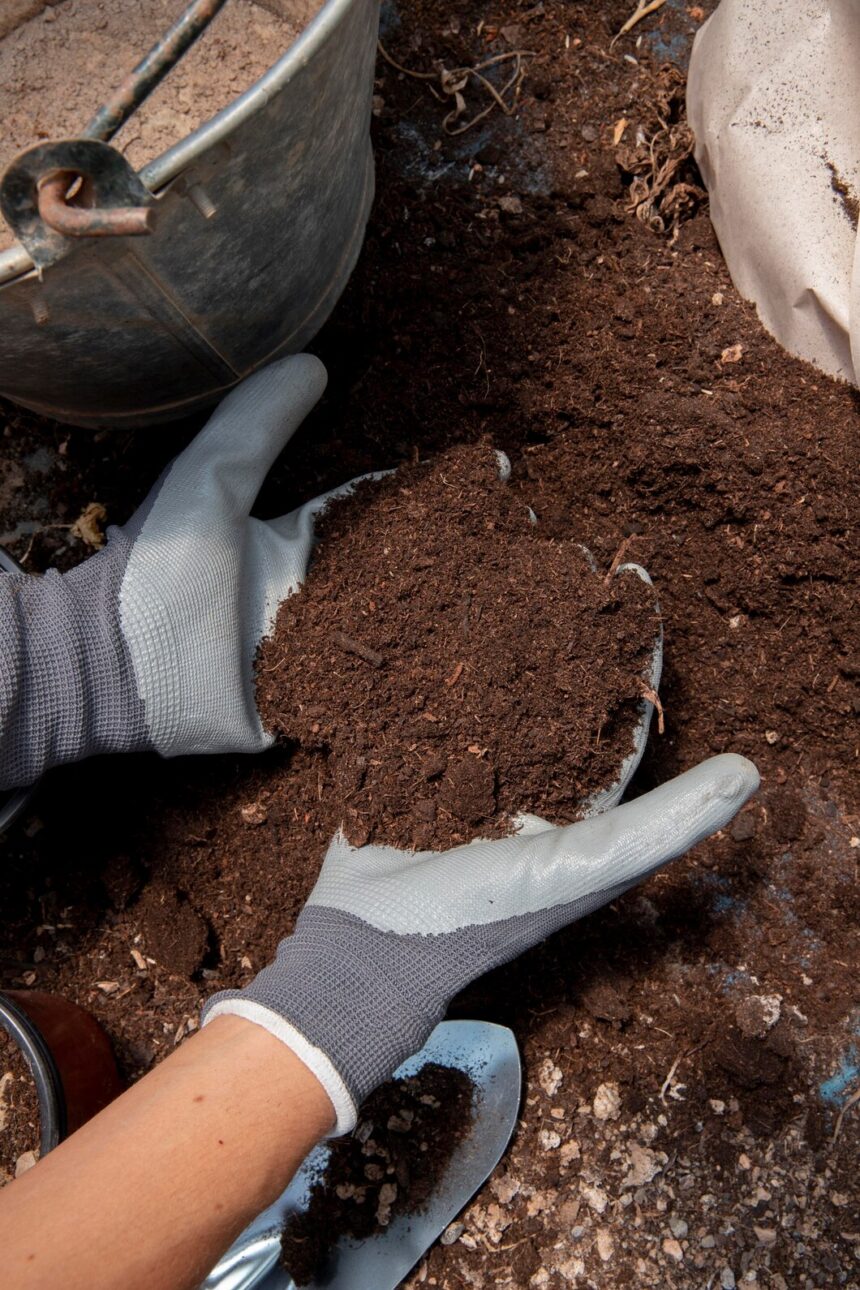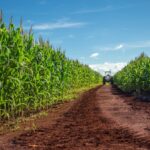Soil fertility is a cornerstone of successful agriculture, and natural manuring practices offer sustainable and effective methods to enhance soil health and productivity. For South African farmers, adopting natural manuring techniques can lead to improved crop yields and better environmental stewardship. Here are several natural ways to boost soil fertility through manuring:
- Composting: Create and apply compost made from organic materials such as kitchen scraps, animal manure, and plant residues. Compost improves soil structure, increases nutrient availability, and supports beneficial microbial activity. To make compost, pile organic materials and allow them to decompose over time, turning the pile regularly to aerate it.
- Green Manure: Grow green manure crops, such as legumes (clover, vetch) or grasses (rye, oats), to add organic matter and nutrients to the soil. These crops are planted specifically to be tilled into the soil before they mature. Green manures enhance soil structure, increase nitrogen content, and suppress weeds.
- Animal Manure: Use well-aged animal manure from livestock like cattle, sheep, or poultry to fertilize crops. Manure adds essential nutrients like nitrogen, phosphorus, and potassium to the soil. Ensure that the manure is composted or aged to reduce the risk of pathogens and to improve nutrient availability.
- Biochar: Incorporate biochar, a form of charcoal produced by burning organic material in low-oxygen conditions, into the soil. Biochar improves soil fertility by enhancing water retention, providing a habitat for beneficial microorganisms, and increasing nutrient availability.
- Mulching: Apply organic mulches such as straw, grass clippings, or leaves to the soil surface. Mulching helps retain soil moisture, suppress weeds, and gradually adds organic matter to the soil as it decomposes.
- Crop Residue Management: Leave crop residues, such as stalks and leaves, on the field after harvest. These residues decompose over time, returning valuable nutrients to the soil and improving soil organic matter content.
- Cover Crops: Plant cover crops during the off-season to improve soil health. Cover crops prevent soil erosion, enhance soil structure, and increase organic matter content. They also help in fixing atmospheric nitrogen, enriching the soil with this essential nutrient.
- Fish Emulsions: Use fish emulsions or fish meal as a natural fertilizer. Fish-based products are rich in essential nutrients and trace minerals that promote plant growth and enhance soil fertility. They are especially beneficial for nutrient-deficient soils.
- Seaweed Extracts: Apply seaweed extracts or kelp meal to the soil as a natural fertilizer. Seaweed provides a range of nutrients, growth hormones, and trace minerals that support plant health and improve soil fertility.
- Rotational Grazing: Implement rotational grazing practices where livestock graze in different pastures on a rotating schedule. This approach allows for natural manure distribution and reduces soil compaction, promoting healthier soils and better forage growth.
Implementation Tips:
- Soil Testing: Conduct soil tests to determine nutrient deficiencies and tailor manuring practices to meet specific soil needs.
- Application Rates: Follow recommended application rates for organic manures and fertilizers to avoid over-application and potential nutrient runoff.
- Local Resources: Utilize local resources and materials for manuring, considering the specific climate and soil conditions of your region in South Africa.
By adopting these natural manuring practices, South African farmers can enhance soil fertility sustainably, leading to healthier crops, improved yields, and a positive impact on the environment.
Join 'Farmers Mag' WhatsApp Channel
Get the latest Farming news and tips delivered straight to your WhatsApp
CLICK HERE TO JOIN






